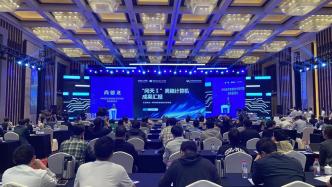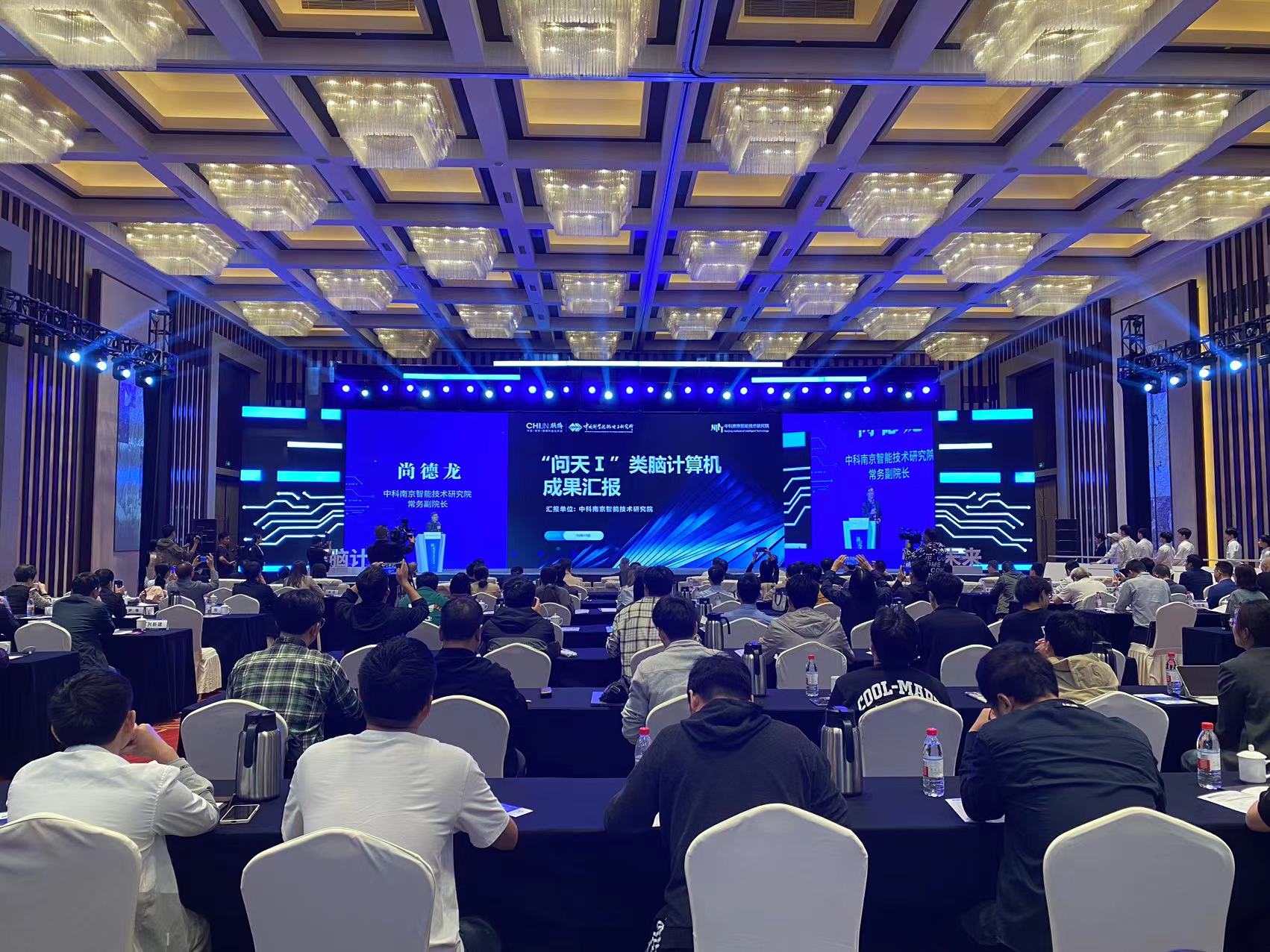
On October 17, the "Wentian I" brain-inspired computer, currently the largest brain-inspired computer in China, was released in Nanjing. It has achieved an intelligence scale of more than 500 million neurons and 250 billion synapses, ranking first in the country and at the same level internationally.

Brain-like computing, also known as neuromorphic computing, is based on bionic spiking neurons to achieve efficient processing of information. It has the characteristics of low power consumption and high computing power. It is a breakthrough for the "next generation of artificial intelligence".
The "Wentian I" brain-like computer was independently developed by the Nanjing Institute of Intelligent Technology of the Chinese Academy of Sciences. It has made breakthroughs in key technologies such as computing models, system architecture, brain-like hardware systems, brain-like software systems and application development based on impulse neural networks. , opening up the entire chain of chip architecture - software compilation - algorithm model - software and hardware systems, using an integrated design of software and hardware systems, which has significant advantages over traditional computers in terms of versatility and energy efficiency, and has "large scale, It has four major highlights: high real-time performance, strong flexibility, and closer to the brain mechanism.
At present, the "Wentian I" brain-like computer has been officially put into use. On the same day, the Nanjing Intelligent Technology Research Institute of China Science and Technology signed contracts with 5 units including Aerospace Chenguang Co., Ltd., Beijing Chaoxing Future Technology Co., Ltd., Nanjing Modern Integrated Transportation Laboratory, Nanjing Ruijing Intelligent Technology Co., Ltd. and Nanjing Hanhai Fuxi Defense Technology Co., Ltd. Cooperation projects will carry out in-depth cooperation in the fields of biomedicine, smart transportation, industrial digital twins and other fields in the future.
The "Wentian" brain-inspired supercomputing team stated that it will continue to develop a new generation of brain-inspired computers, further innovate the brain-inspired computing chip architecture and software system framework, create a brain-inspired computing platform that will lead future development, and promote Nanjing, Jiangsu Province and even the country. The innovative development of a new generation of artificial intelligence.
On the same day, the 3rd Neuromorphic Computing and Asynchronous Integrated Circuit Design Symposium with the theme of "Brain-like Computing Leads the Future" was held simultaneously, and the Jiangsu Integrated Circuit Society's Emerging Computing Chip Special Committee was officially unveiled.
In the special report session, Ye Tianchun, chief engineer of the National Major Science and Technology Project 02, and Wang Zuoren, senior researcher at the Center for Excellence in Brain Science and Intelligent Technology, Chinese Academy of Sciences, gave speeches titled "Re-globalization to deal with "anti-globalization" - Out of China's integrated circuits" Keynote reports on "The Road to Characteristic Innovation" and "Training Technology of Artificial Intelligence". At the seminar, experts, scholars and entrepreneurs such as Professor Alex Yakovlev of Newcastle University, Professor Wan Qing of Nanjing University, and Associate Professor Song Sen of Tsinghua University made reports respectively.
This event was hosted by the Institute of Microelectronics of the Chinese Academy of Sciences and the Development and Construction Management Committee of Nanjing Kirin Science and Technology Innovation Park (Ecological Science and Technology City), and hosted by the Nanjing Institute of Intelligent Technology of the Chinese Academy of Sciences.